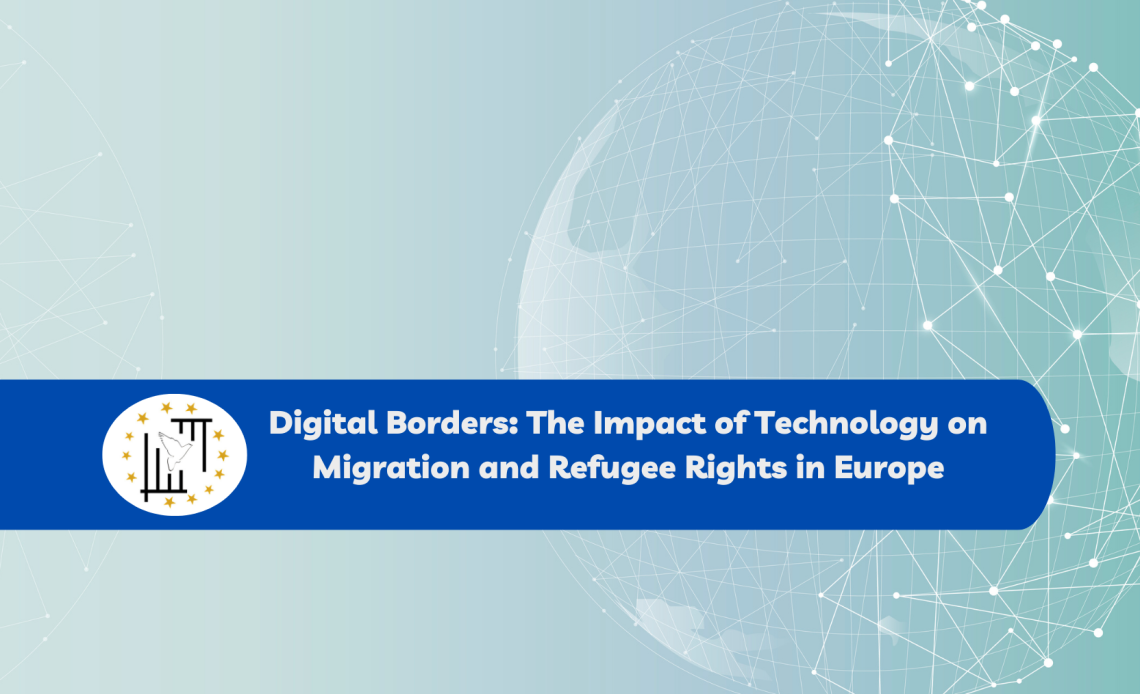This article delves into the growing role of digital technologies in migration management across Europe, focusing on artificial intelligence (AI), biometrics, and surveillance systems. These tools are increasingly being used to monitor borders, verify identities, and assess asylum applications, promising greater efficiency and security. However, their widespread adoption raises significant ethical and legal concerns. Issues such as data privacy, algorithmic bias, and potential violations of fundamental rights have sparked debates among policymakers, human rights organizations, and civil society.
The study highlights the pressing need for a balanced approach—one that harnesses the benefits of digital innovation while safeguarding migrants’ rights and ensuring that technology does not become a means of exclusion or discrimination. Transparency, legal safeguards, and independent oversight mechanisms are essential to prevent misuse and ensure compliance with international human rights standards.
As digital migration policies continue to evolve, this discussion is crucial for shaping fair and humane border control strategies. By fostering a dialogue between governments, tech developers, and human rights advocates, policymakers can ensure that technology serves as a force for protection rather than repression.
To read the full content of the policy report, please click here.

